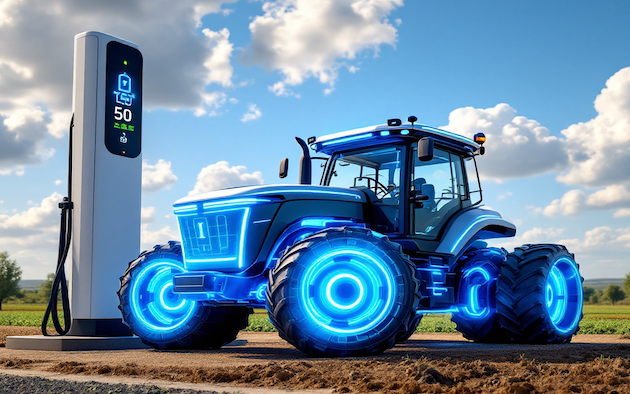Support is provided for the purchase of zero-emission vehicles.
Support is available for the purchase of new fully electric (including those with hydrogen fuel cells) passenger cars and small commercial vehicles (categories M1 and N1), both purchased under a sales contract or leased under a leasing agreement. The vehicle must be registered for the first time in the Estonian Transport Administration’s traffic register under the name of the applicant for support. Applications for support can be submitted within two months from the purchase and registration of the vehicle with the Transport Administration.
The goal of the support is to reduce greenhouse gas emissions in the transport sector in Estonia by promoting the broader adoption of zero-emission vehicles and encouraging their use.
The support is funded through the emissions trading system, and the support measure has been developed by the Ministry of the Environment (now the Ministry of Climate).
A zero-emission vehicle is a fully electric (including those with hydrogen fuel cells) passenger or commercial vehicle (categories M1 and N1) or a cargo bicycle with an auxiliary electric motor (category L1e-A) that emits zero grams of carbon dioxide per kilometer (0 g/km).
What is supported?
- Support is provided for new vehicles that are being registered for the first time: fully electric cars and cargo bicycles with auxiliary electric motors. Electric bicycles, scooters, and mopeds are not eligible for support, even if they have a platform or basket for carrying goods.
Who can apply for support? Support is available to private individuals and legal entities. State and local government institutions cannot apply for support, but institutions under their management can.
Amount of support:
- €4,000 for an electric car.
- Up to 50% of the cost of a cargo bicycle (but no more than €1,000).
Note: For private individuals, the support amount of €5,000 is subject to income tax, meaning the actual support amount is €4,000.
Leasing conditions: Support for a car purchased through leasing is paid directly to the leasing company. The initial down payment for the lease must be at least €4,000, and the lease term must be at least 4 years.
Price limits: Support is available for the purchase of category M1 vehicles costing up to €60,000 (excluding VAT) and category N1 vehicles costing up to €80,000 (excluding VAT). There is no price limit for hydrogen vehicles.
- Vehicles must be purchased from an authorized seller or manufacturer.
- The vehicle must not have been registered previously. The first registration must take place in Estonia in the Transport Administration’s register under the name of the support recipient (in the case of leasing, the responsible user).
- Vehicles purchased with support must be primarily used in Estonia. Only renewable energy must be used to power these vehicles.
- Vehicles must be used for four years. If the vehicle is sold or otherwise disposed of earlier, the support must be repaid proportionally.
Limitations on quantity: Companies can purchase up to 15 cars and up to 15 cargo bicycles. Private individuals can purchase one car and one cargo bicycle, meaning a maximum of two applications can be submitted – one for a car and one for a cargo bicycle. - The recipient of the support must not have tax arrears or have been convicted under certain sections of the Penal Code. For companies, financial requirements depend on the number of vehicles being purchased.
Application deadline: Applications to KIK (Environmental Investment Centre) must be submitted within two months after purchasing and receiving the vehicle (in the case of a car, after purchase and registration with the Transport Administration; for a cargo bicycle, after purchase and receipt). - The support is paid out if the acquired vehicle meets the requirements of the regulation and both the recipient and the application comply with the criteria.
Application period: Applications will be accepted until the allocated budget is exhausted. Information on the remaining budget will be published on the KIK website.
Additional information:
https://kik.ee/et/toetatavad-tegevused/nullheitega-soidukite-ostutoetus

